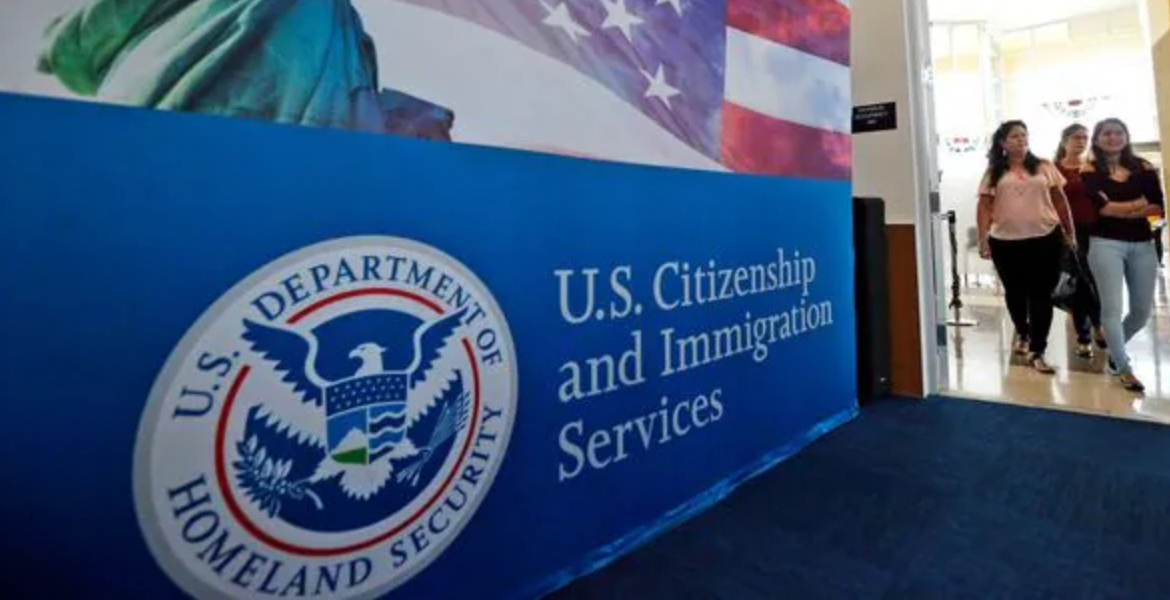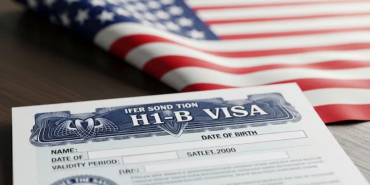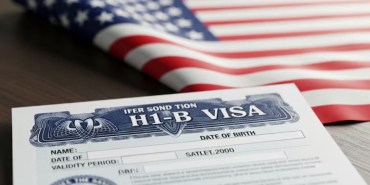USCIS Processing Delays Stall Transition from H-1B to Permanent Residency

The American dream is becoming increasingly difficult for skilled foreign workers seeking permanent residency, as growing delays in the United States’ employer-sponsored green card system threaten the country’s economic competitiveness.
A recent report shows that the average wait time for these important documents has risen to about three and a half years, significantly longer than before, casting doubt on the promise of opportunity for many who want to contribute their skills to the US economy. The backlog has more than doubled since 2016 and now affects over half a million cases stuck in the Department of Labor (DOL) and the Department of Homeland Security (DHS).
Even applicants who pay extra fees for faster processing face delays approaching three years, despite assurances of quicker service. The process applicants face involves six steps, each with strict requirements. These include wage determinations and mandatory recruitment efforts aimed at giving priority to American workers.
Many critics say these rules, originally designed to protect US jobs, have become too complicated and now hinder the entry of skilled foreign workers. The system also depends heavily on temporary work visas like the H-1B, which must be secured before applying for a green card.
These visas are limited by annual caps and a lottery system, adding more uncertainty and lengthening the overall process. The situation is further strained by a recent update to the US Visa Bulletin, which indicates a surge in demand for employment-based visas.
The State Department has warned that visa limits may be reached before the end of August, which could halt visa issuances until the new fiscal year begins. This would leave many applicants stuck in limbo, despite the time and money they have already invested.
Policy experts are increasingly critical of the current system. A report from the Cato Institute urges the federal government to simplify immigration procedures by removing unnecessary steps that cause delays. They argue that the current process harms the US labor market’s ability to attract skilled workers and creates undue hardship for applicants.








Add new comment